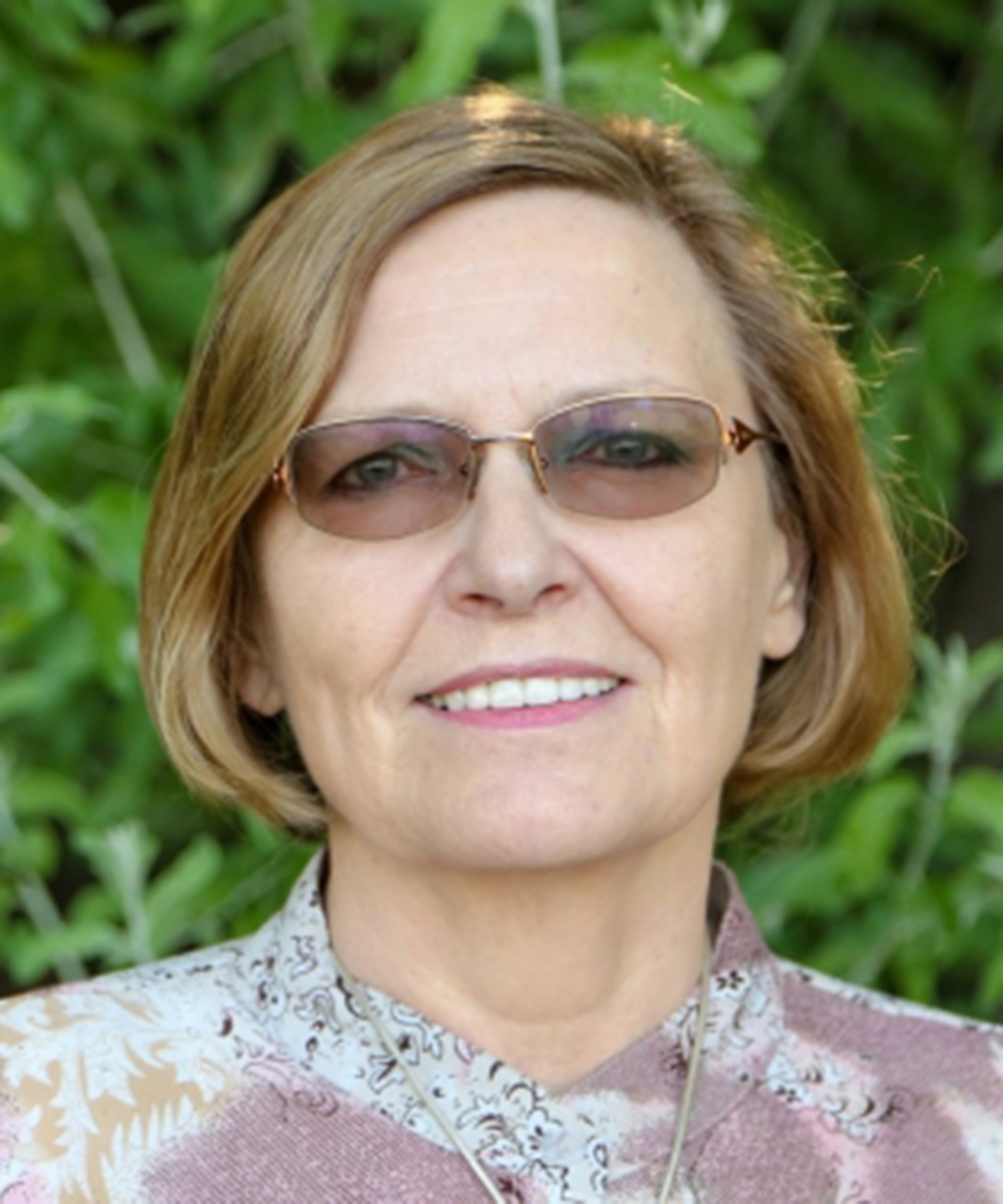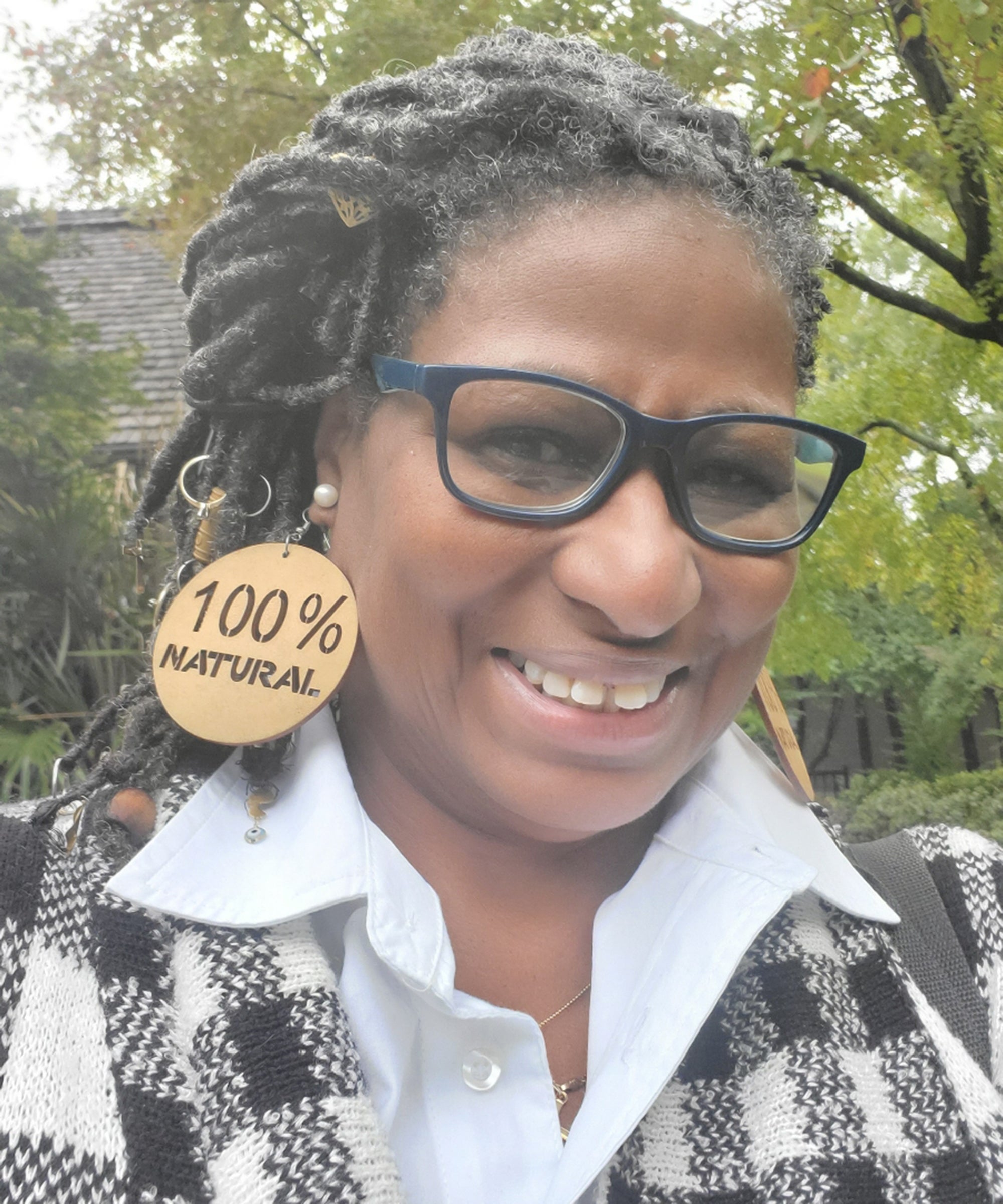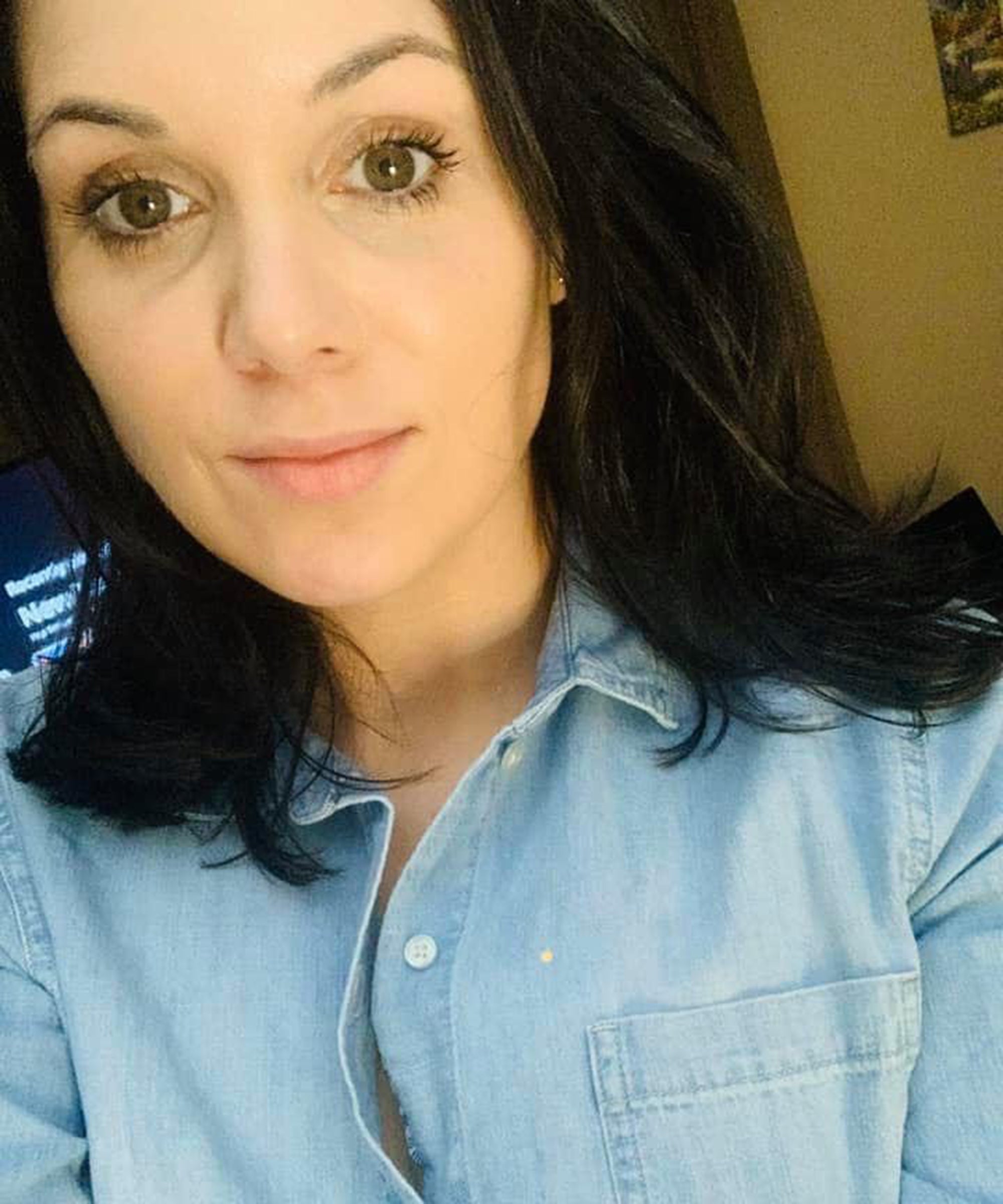“This is a very real issue,” says Paul Pottinger, MD, director of the Infectious Diseases & Tropical Medicine Clinic at the UW Medical Centre. “Infectious disease doctors around the country have known for a long time that certain viral infections can do this. It’s not unique to COVID, which is good news — it gives me hope.”
While there are no official figures yet on how common persistent symptoms of coronavirus are, Dr. Pottinger says that one in four people who’d had the SARS-CoV-1 virus (which is similar to SARS-CoV-2, the strain that’s causing the current pandemic) were still experiencing symptoms a month after recovery. In a recent study, two to three weeks after testing positive for COVID-19, 35% of people still didn’t feel back to normal, according to a report on the Centres For Disease Control and Prevention site. Another new paper found that around 75% of recovered COVID-19 patients had structural changes to their hearts, two months after recovering.
“We don’t know why it happens. It’s a neglected area of science. But it’s very real,” Dr. Pottinger says. “It may be that these patients survived the viral infection because they have a very robust, active immune response. That kills off the infection, but it has consequences for the entire body.”
He says the repercussions of this immune response likely include long-term symptoms such as chronic, debilitating fatigue, difficulty concentrating, and sleep disturbances.
Dr. Pottinger adds that many COVID-19 survivors also report that their sense of smell and taste remain altered for weeks or months. “The olfactory nerves that provide us with a sense of smell can be harmed by the virus, and nerves are slow to grow,” he explains. “It remains to be determined whether all those people will make a full recovery, but I wouldn’t lose hope.”
Another common issue is chest pain, shortness of breath, and difficulty exercising. “It makes perfect sense. For some patients, the virus goes into the lungs. When that happens, it may cause collateral damage,” Dr. Pottinger says. “Lungs are delicate, but they also have a robust ability to heal themselves, so while we need more time to understand how these patients will make a full recovery of pulmonary function, I’d remain optimistic that they will.”
While there’s not much people can do to speed up their recovery from symptoms like fatigue and loss of smell, lung repair might be accelerated by exercising, he says. After they get the okay from their doctor, a person suffering from this symptom should start by doing whatever physical activity they can — even just walking for 10 minutes — then gradually push the duration and/or intensity of their activity.
Dr. Pottinger also urges people going through this to reach out to their medical provider to see if additional screenings are necessary. If chest pain is a real problem, for instance, they may need their lung damage assessed; if the mood-related symptoms are debilitating, they may need screening for depression.
He adds that social support is key to recovery: People should tell their loved ones what they’re going through, and consider participating in a support group for survivors (some of whom call themselves “long haulers”), which are popping up on online forums, on Facebook, and on Reddit.
“It’s still so early in the pandemic. But the fact that we don’t understand these disorders and can’t treat them doesn’t mean they’re not real,” Dr. Pottinger says. “I want to emphasise: We can’t predict who will have bad symptoms, regardless of age, lung health, and other risk factors. We could really break the back of this within six weeks, it just requires everyone to do it. So please, follow the rules regarding covering your face and maintaining personal space,” he urges. “Many people really wish they’d never been infected.”
Swipe through for the stories of seven such women.

“It’s been over 80 days since I first tested positive for COVID, and about 60 days since I first felt like I’d recovered from it. In the past 60 days, though, I have experienced mild but persistent symptoms that match my initial symptoms almost perfectly. I’ve experience a low-level of nausea almost everyday, and had gotten so used to it that I stopped paying attention to it. The nausea has been so persistent that my appetite has almost disappeared completely. I’ve lost weight.
“Though I am back to running five to six miles every day, I have to stop on my runs at least two or three times — not because of fatigue but because there is a buildup of fluid/phlegm in my throat and lungs that make it impossible to breathe. My doctor prescribed me an inhaler, so I now take my inhaler and Camelbak water pack with me on every run.
“The fatigue is still present as well. In the past three months, I have been able to stay awake past 9 p.m. or 10 p.m. only once or twice. I think the persistent fatigue is one of the hardest symptoms to cope with, especially because I suffer from cyclical depression and tend to blame myself for feeling tired or unmotivated.
“Until now, there has been very little information about persistent symptoms. Because of this, I had been misdiagnosing many of my symptoms. Though I’ve never had allergies before, I thought that my congestion and cough must be allergies because of how persistent they were. I spent more than $80 on allergy medication. Though my ADHD medication has never made me felt nauseous before, I thought that maybe that was the cause of my persistent nausea. I switched ADHD medications, and the nausea hasn’t gotten any better.
“The only new “symptoms” have likely been due to a compromised immune system — I’ve had a stye for about three weeks (I never get styes), and have had at least three canker sores since April (also rare for me).
“I finally decided to talk to my doctor about my symptoms last week. They said that the symptoms were likely lingering COVID symptoms, but that there is no estimate for how long I should expect them to persist.”

“I had COVID-19 sometime between December 11 and January 14th. It’s hard to know when I actually got it, since I had such an early case — before it was even being talked about in the U.S. yet. I also tested positive for the flu, but the doctors at the time were unsure what to do with my other ‘pneumonia-like symptoms’ that lasted longer than the average flu and were more severe. I didn’t find out until March it was in fact COVID-19.
“At the time, it was the most ill I’ve ever been in my life. I had a fever for over three weeks, shortness of breath that forced me to faint publicly twice. I had a cough like you would not believe! I lost my voice for the duration and my sense of smell and taste and seriously thought it wasn’t ever going to come back. The worst of it was just feeling unable to breathe. It just made me weak and feverish for a month. It was unlike anything I’ve ever experienced.
“I’m a really active person, so I couldn’t wait to get over with the sickness and get back to the gym. When I tried initially in the month of February, I passed out in a weightlifting class. Months passed and I still need an inhaler just to do simple cardio exercise. I noticed that my heart would palpitate when it wouldn’t before after a minor coughing fit. It took a really long time to recover and not feel a certain weight inside of my chest after I was sick and I thought I was crazy.
“I have spoken to a doctor and apparently this is not uncommon. I have minor lung damage from my experience and I’m worried what will happen when the next respiratory infection hits — how much more my body can take.
“I still use an inhaler from my experience and I’m just much more cautious about wearing a mask literally everywhere I go to protect my lungs. There isn’t much else I can do.”

“I tested positive for COVID-19 in early April. I felt recovered after three weeks but the chest pain returned; difficulty breathing and weakness came back.
“My tachycardia is still severe and I am now taking beta blockers as, if I don’t, my heart rate can get to 140 when sleeping, in the middle of the night.
“Randomly, I stand up, take a few steps, and feel the pain in my chest develop and grow, linger then dissipate. The sensation is like a heavy weight on my lungs. After three months I still can’t take a deep breath without feeling comfortable. If I take one very deep breath, there is a specific area of pain in the area of my lower left lung.
“[My doctors] recommended that I have a breathing test after taking X-rays and bloodwork. This has not happened yet. I will also have an EKG done, wearing a Holter monitor for 24 hours.
“I have tried to drink a lot of water, keep a humidifier in my room day and night, take echinacea and vitamin C. Because of my pre existing condition of fibromyalgia, Multiple Sclerosis, and arthritis, I am on a high dose of pain killers, which takes care of most of the pain.”

“I have been riding the Coranacoaster for 16 weeks. My symptoms started the week of March 26, and I was rushed to the emergency room on April 4. I was told I tested negative for COVID-19. I proceeded to develop more symptoms that lead to two additional trips to the emergency room.
“My primary doctor wanted to prescribe anxiety medications for me because I was “only sick in my mind.” She told me to watch “feel good movies” on Lifetime, instead of the news. I felt cast aside — by my doctor of five years, who I thought knew my body. I found a new primary physician, who ordered a series of blood tests immediately, and was able to conclude that the test administered in April was indeed a false negative, and that my body had been invaded by COVID-19. It was now late June!
“It was determined that I needed to be seen by a pulmonary doctor ASAP due to breathing issues, scar tissue, and nodules that had formed in my lungs. Currently, I have had a series of lung tests done due to still suffering from difficulty breathing and fatigue. I also need a procedure called a Bronchoscopy, which will allow provide insight into the level of scar tissue within my lungs.
“I am now in a better place simply because I feel vindicated. By grace I am alive, and I have decided to ‘make my mess my message.'”

“I am 125 days in and while several symptoms have disappeared, some have evolved and worsened. I still have a low-grade fever that comes about four to five days a week, and fatigue which has me stuck in bed about one day a week. The mild chest pain I initially had during month two morphed into full-blown chest pain, mimicking what I thought was a heart attack. The severity of the pain did not resolve until my doctor prescribed me a medication commonly used to treat pericarditis. I still get occasional chest pain every week but not as severely.
“The most notable symptom that appeared nearly two months after being sick, and has worsened over time, has been shortness of breath. I never had any breathing issues at the start of being sick, and now it is an issue when I exert myself even slightly. My heart rate tends to spike upon merely walking into another room. After a small flight of stairs, I have to rest for ten minutes before the shortness of breath dissipates.
“I have been to several specialists and have had what seems like endless tests run. I’ve been tested for just about every infectious disease that could possibly cause a low-grade fever for this long and all have been negative thus far. I’ve had multiple X-rays of my lungs which appear to be clear. I’ve had a CT scan of my chest to check for clots and those are also clear. My primary care physician is at an absolute loss but continues to pursue an answer for me.
“I’m not the only one with these symptoms that show no test abnormalities either. I’ve connected with thousands of people dealing with the same unanswered medical challenges. I think that’s what’s truly terrifying. We have debilitating symptoms and nothing to explain them. It’s like a sinister virus that creeps its way throughout your body undetected, while it leaves a path of destruction behind that no one but yourself can truly witness.
“At this point, I use an inhaler for when the breathing gets tough and I’m trying some natural remedies because I don’t know what else to do. I’m hoping somehow, these symptoms will slowly but surely go away. They have to, right? I can’t settle for giving up now.”

“My symptoms started on March 10. I finally got tested on April 24 with a result positive for SARS-CoV-2.
“The first week I had chills, headache, and very painful blisters on my tongue. The symptoms went away for two to four days. But then the second week, the extreme fatigue hit me, I was so tired that I would sleep for 16 to 20 hours per day, my oxygen levels slightly dropped to 94%, and I had chills, loss of appetite, mental fog, intense headaches, a sensation that every cell in my body was vibrating, very painful/intense body-wide pain, uncomfortable breathing, low-grade fever, and loss of sense of smell.
“After the onset symptoms went away around week four, I thought I was fine, but I was so wrong! Symptoms returned two weeks later and I’ve been trapped in never ending cycles of glued to bed > getting a bit better > glued to bed again. I have had three horrible relapses, each one lasting from two to six weeks. In between relapses most of the symptoms (pain) go away and I’m just left with the extreme fatigue.
“Until day 95 most the symptoms that persisted were: low-grade fever, daily intense headaches, a sensation that every cell in my body was vibrating every morning, very painful/intense and body-wide pain almost all day, extreme fatigue, sleeping for 16 to 20 hours per day, mental fog, a lot of cognitive issues — sometimes I feel like I am drunk, other times I cannot understand any word I am reading, and I forget everything — and exercise intolerance.
“I believe that each relapse was caused by exercising. I’m a 35-year-old, otherwise very healthy female who used to do high-intensity training four to five times per week. So between relapses, I tried to exercise (10 to 15 minutes of exercise) and within hours of exercising, the pain and symptoms returned.
“Also, the body-wide pain is not within ‘tolerable’ limits. It is extremely painful, so painful that it makes me feel that I can’t to keep fighting and I just wish to die. The pain makes me feel hopeless.
“And the extreme fatigue, really it is extreme and disabling. Almost every day is an uphill battle, there have been days that I sleep for 16 hours and I am still so fatigued that I am unable to wake up and eat. I hallucinate that I had dinner or did the dishes… or any other ‘unfinished’ errand. It is very disabling to the point that I lose control of my body.
“Today is day 135 for me, and I still have extreme fatigue — if I don’t sleep at least 10 to 11 continuous hours at night, I feel very unwell during the day — almost daily intense headaches that now are turning into migraines, body-wide pain, and two new symptoms: intense pain in my right had that mimics arthritic pain, and a lump in my right wrist.
“On June 15, a doctor told me I have post-viral syndrome. But there wasn’t really any info about long-haulers at that time. Since doctors didn’t have a treatment for me, I was experimenting with food.
“More recently, I was diagnosed with post-viral fatigue and fibromyalgia due to COVID, and I’m following treatment for that now.”

“I experienced the earliest symptoms — a dry cough — in late March. My first five days, I had a 102-degree fever that just wouldn’t go away — it felt like my brain was on fire. I was fatigued and just stayed in bed. It was difficult to focus on anything for too long. I lost my taste and smell as well.
“I didn’t feel “normal” until at least a month later. I still get occasional headaches that seem to be wrapped around my brain — I don’t know how else to describe the sensation. I have trouble falling asleep and sleeping eight hours. I ended up getting a COVID antibody test only to get an inconclusive result. These days, I’ve been drinking a lot of water and going on walks — mask on!
“What I miss most is my sense of smell and taste. I can’t sense ambient smells easily. I have to breathe in deeply to smell (the only way I can smell cinnamon, for example, is if I sniff directly into the bottle), so I don’t feel hungry or sated and food doesn’t give me the joy it used to. My father is a doctor, and he is hopeful that my olfactory nerves will heal in a year but he doesn’t know for sure. But, for the most part, I’m thankful.”
Like what you see? How about some more R29 goodness, right here?
Can Air Purifiers Save Us From COVID-19?